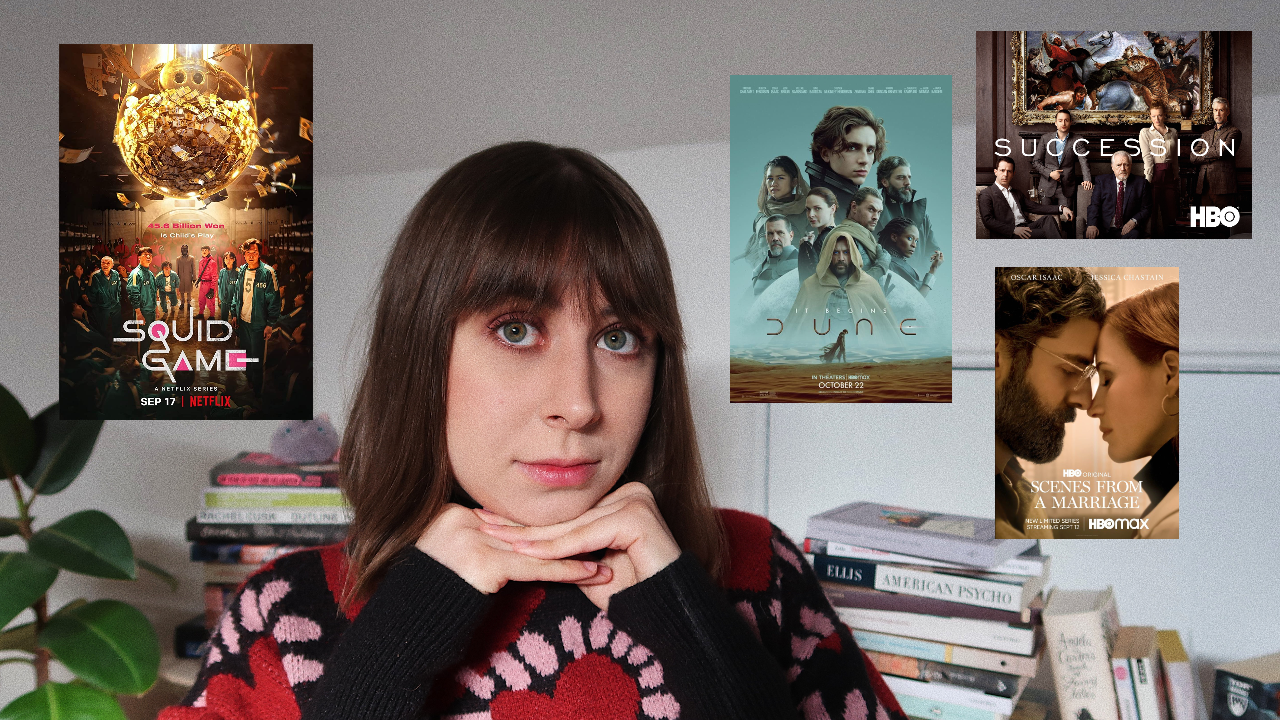Kim Jiyoung, Born 1982 (82년생 김지영) by Cho Nam-joo
Kim Jiyoung, born 1982 became a sensation in Korea when published with it becoming the first million-selling Korean novel since 2009’s Please Look After Mom. It follows Kim Jiyoung as she navigates the trials and tribulations of being a female in a mostly misogynistic world. The book also recently got a film adaptation starring Train to Busan’s Gong Yoo and Jung Yu-mi, which I’m looking forward to watching if and when we get it in the UK.
The Complete Cosmicomics by Italo Calvino
A Uni book, but the book I have been looking forward to the most this year as I have already read Invisible Cities by Calvino which I loved. The Complete Cosmicomics collects all of the Cosmicomic short stories together in one volume; they are bonkers, comically absurd and totally wacky tales of science, family and politics set in space.
Dune by Frank Herbert
A Sci-fi classic that influenced many that wrote after him, Herbert’s Dune has been on my bookshelf for ages, but I will finally get into it while I’m stuck at home for the foreseeable future as I really need to escape reality and be transported to a far off land right now (like most of you too). Also, Denis Villeneuve’s film adaptation starring Timothée Chalamet is coming out later this year, so that’s another reason to read it.
Pride and Prejudice & Persuasion by Jane Austen
Two more Uni reads, but everyone loves Austen, and I can’t wait to delve into her world, I’ve seen many a film adaptation of her works such as Autumn De Wilde’s recent lavish and stylish Emma. but I am yet to read her novels! Yes, I am fully aware that it is a literary crime to have got to 26 as a self-proclaimed book worm and to have never read a single Jane Austen novel. Thankfully Pride and Prejudice and Persuasion will put an end to that, and then I really want to read Emma (as I loved the aforementioned movie), and then I’ll probably end up reading the rest of her books.
The Uncanny & Other Essays by Sigmund Freud
I’ve always been fascinated by Freud and his theories, and in my Modern Lit course for Uni he is kind of required reading if you want to get a look into the socio-historical context of modern and post-modern lit. I also read Civilization and Its Discontents recently, and I found that rather interesting and helpful for an essay on Ford Maddox Ford’s The Good Soldier. The Uncanny can also be applied to many other periods and genres of literature, especially the Gothic, which is a genre I absolutely love.
Seasons of Migration to the North by Tayeb Salih
Another uni read, although this one didn’t manage to find itself in the stack of books for the post picture as I have misplaced it in the frightful mess that is my bedroom. But I am really excited to read this book as it’s another piece of translated fiction, and it will be the first translated from Arabic that I will read. Seasons of Migration to the North is the story of how colonialism and orientalism can be extremely destructive to a society as a whole and to the individual’s within it. Being set in Sudan also means that the novel explores the interconnectedness of African and Arabic cultures within the country.
The Three-Body Problem (三体) by Liu Cixin
Liu is China’s master of Hard Science Fiction, I’ve read most of his short story collection The Wandering Earth (the title story is also a Netflix movie!), so I want to get started on his critically acclaimed Remembrance of Earth’s Past (地球往事) Trilogy ASAP. I also have a signed copy of The Supernova Era that I got at Forbidden Planet right after it came out in October last year with all intentions of reading it immediately. Alas, it is still waiting on my bookshelf, perhaps I’ll read that one too…it really depends on how long this Quarantine thing is going to go on for!
Oranges are Not the Only Fruit by Jeanette Winterson
Another Uni book, but again it’s one I’m interested in as I read Weight (a retelling of the myth of Atlas) when I was a kid and enjoyed it, so I’m intrigued to read something else by Wintersonson. Also, Oranges Are Not the Only Fruit is a semi-autobiographical Bildungsroman (anyone else just love this word?) aka a coming-of-age novel about a young lesbian growing up in a Pentecostal Community.
The City of Words by Alberto Manguel
Uni required reading. There is a quote somewhere in this work that will be the subject of an essay I have to write so I feel like I should read the whole (or most of) this book to get the gist of the subject and maybe find more parts to quote from. The City of Words was originally a lecture that was turned into a book.
Orlando by Virginia Woolf
I recently read Between the Acts for Uni, and I am rather intrigued by Woolf’s writing style, which is famously challenging due to her use of stream of consciousness. Also while studying another text, Lady Mary Wortley Montagu’s The Turkish Embassy Letters it was claimed that Montagu was part of the inspiration of the main character in Orlando, which is cool and the other part being Woolf’s female lover Vita Sackville-West. Orlando has also been described as ‘the longest and most charming love letter in literature’ by Sackville-West’s son Nigel Nicholson, which sounds absolutely romantic.
I clearly have a lot of reading ahead of me, and I can’t wait to sink my teeth into this eclectic mix of books, reading may just be the only thing to keep me sane in these coming weeks of Quarantine.
Let me know in the comments what books you’ll be reading during Quarantine and whether you have read any of these books.





